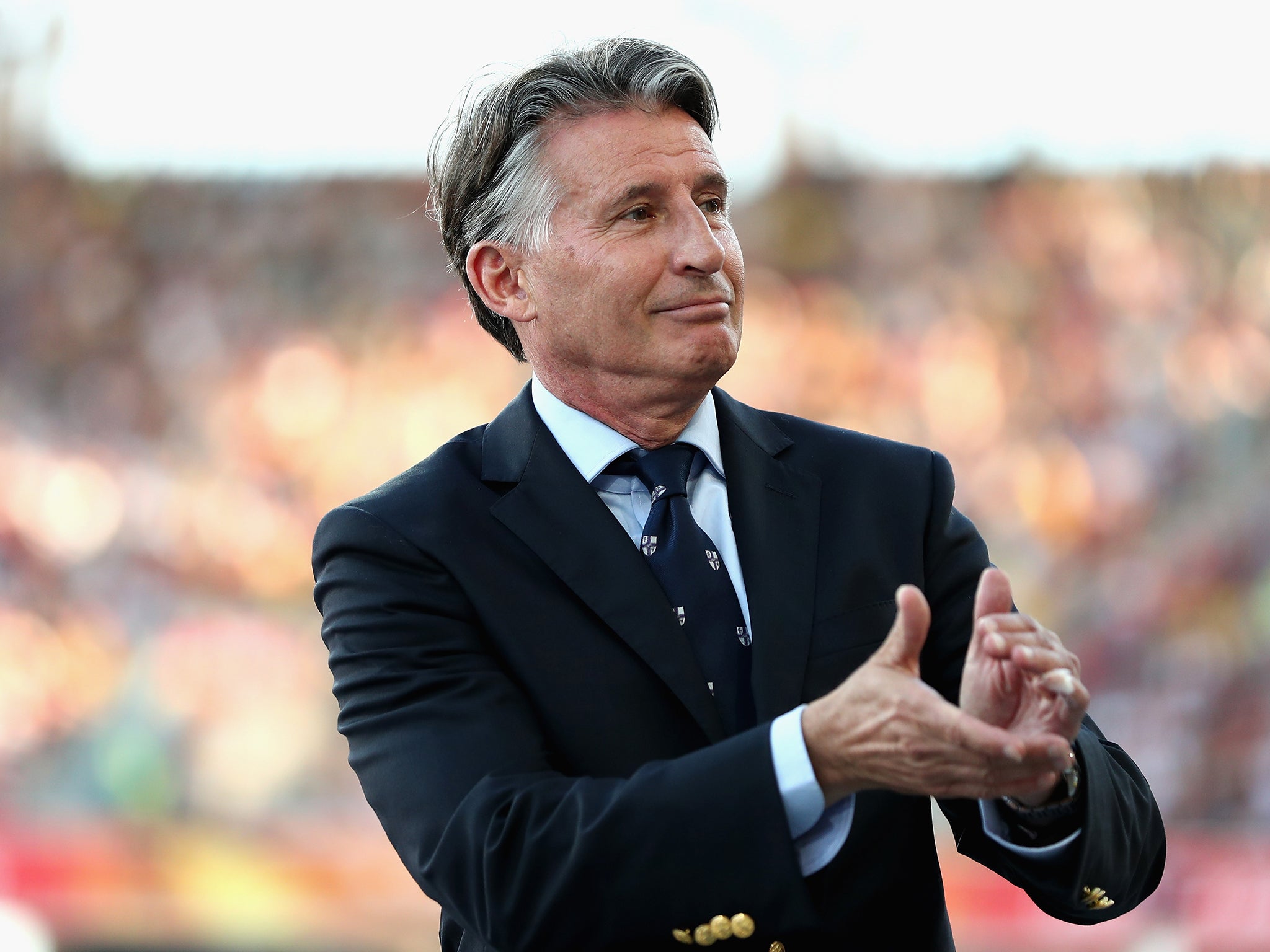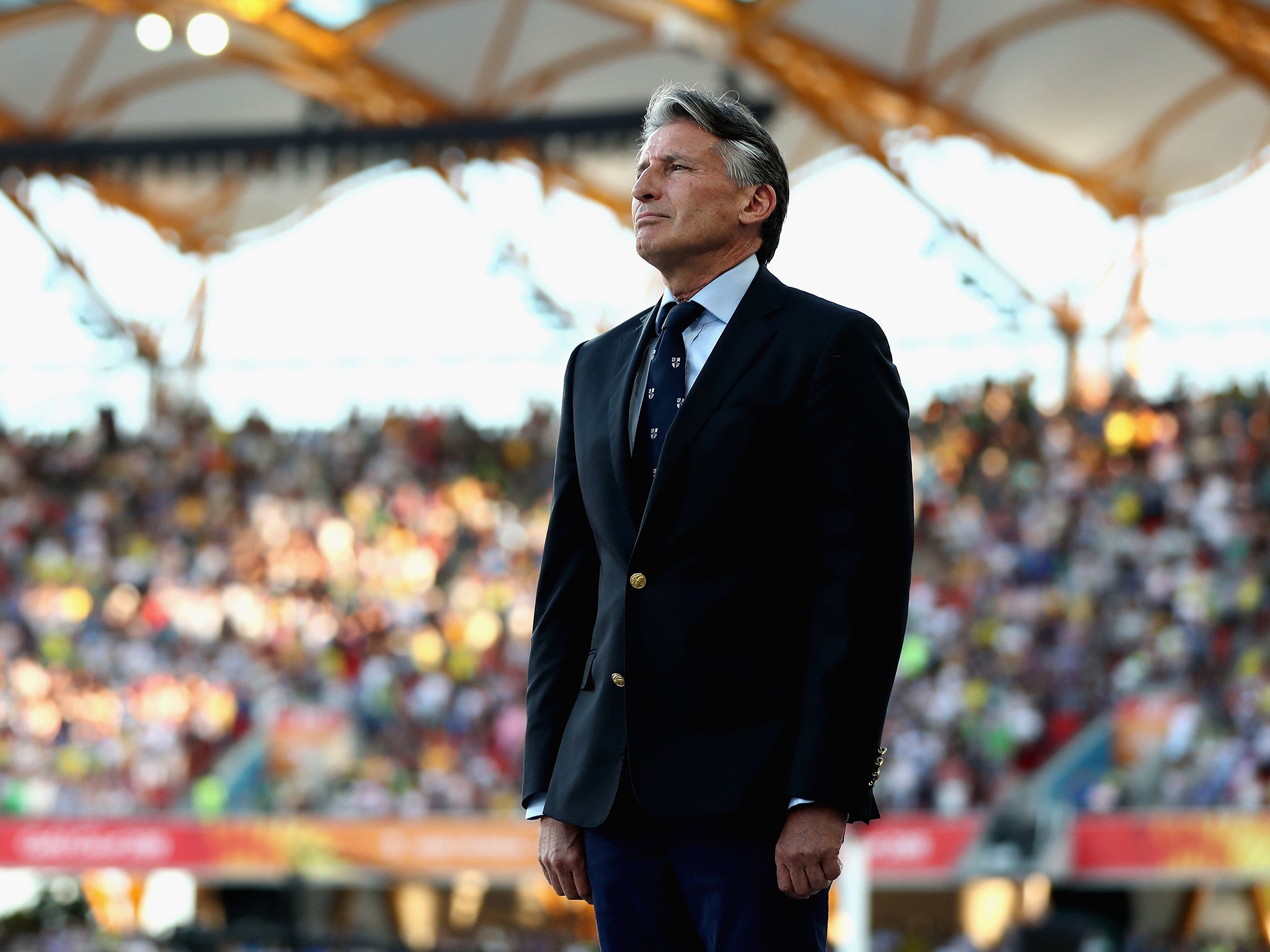Commonwealth Games 2018: Sebastian Coe urges leading athletes not to miss chance to compete at championships
Three of Great Britain’s men’s 4x100mWorld Championship-winning side didn’t compete on the Gold Coast while other Olympic medallists were notable absentees

IAAF president Sebastian Coe has urged athletics stars not to waste the chance to compete at the Commonwealth Games.
The Gold Coast Games, which ended on Sunday, have been criticised for a lack of star quality and strength in depth.
Three of the GB men's 4x100m squad who won the World Championship title - CJ Ujah, Danny Talbot and Nethaneel Mitchell-Blake - did not come to Australia.
Talbot and Mitchell-Blake are recovering from injury while Ujah opted to focus on March's World Indoor Championships instead of joining England.
Canada's Andre de Grasse, who won Olympic 200m silver and 100m bronze in 2016, also chose to miss the Games along with David Rudisha of Kenya but Coe would have preferred for them all to have competed on the Gold Coast.
"My gut instinct is always, where possible, try to not sit out championships because they're actually quite important," he said.
"At the end of a career when you turn the cards over it's medals people make a judgement on.
"But you have to be respectful to the athletes as they will come to a season with different priorities. My instinct is if you can get there you should.
"It's always a tough one. We shouldn't be controlling the programmes of athletes and they are always going to have different priorities.
"I don't want them to sit there and rue the fact they didn't go."

A report published by the Department of Culture, Media and Sport in March accused Coe of misleading a parliamentary inquiry into Russian doping in athletics.
It criticised his responses to questions about how much he knew about doping within the sport and suggested he could have acted sooner.
But Coe reiterated that he does not believe the report has damaged his reputation and he does not need to rebuild trust in him.
He said: "We absorbed the DCMS report and I'm actually pretty grateful with them making some pretty positive statements about where we'd got and what we'd done.
"My responsibility is to keep guiding the sport in what I think is a positive and constructive direction."
PA
Join our commenting forum
Join thought-provoking conversations, follow other Independent readers and see their replies
Comments
Bookmark popover
Removed from bookmarks